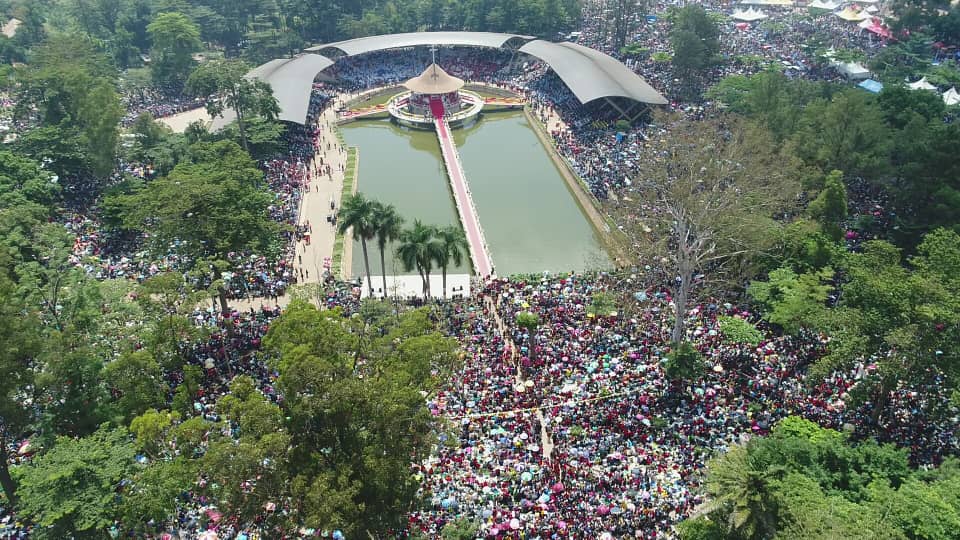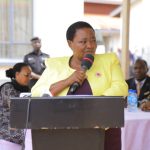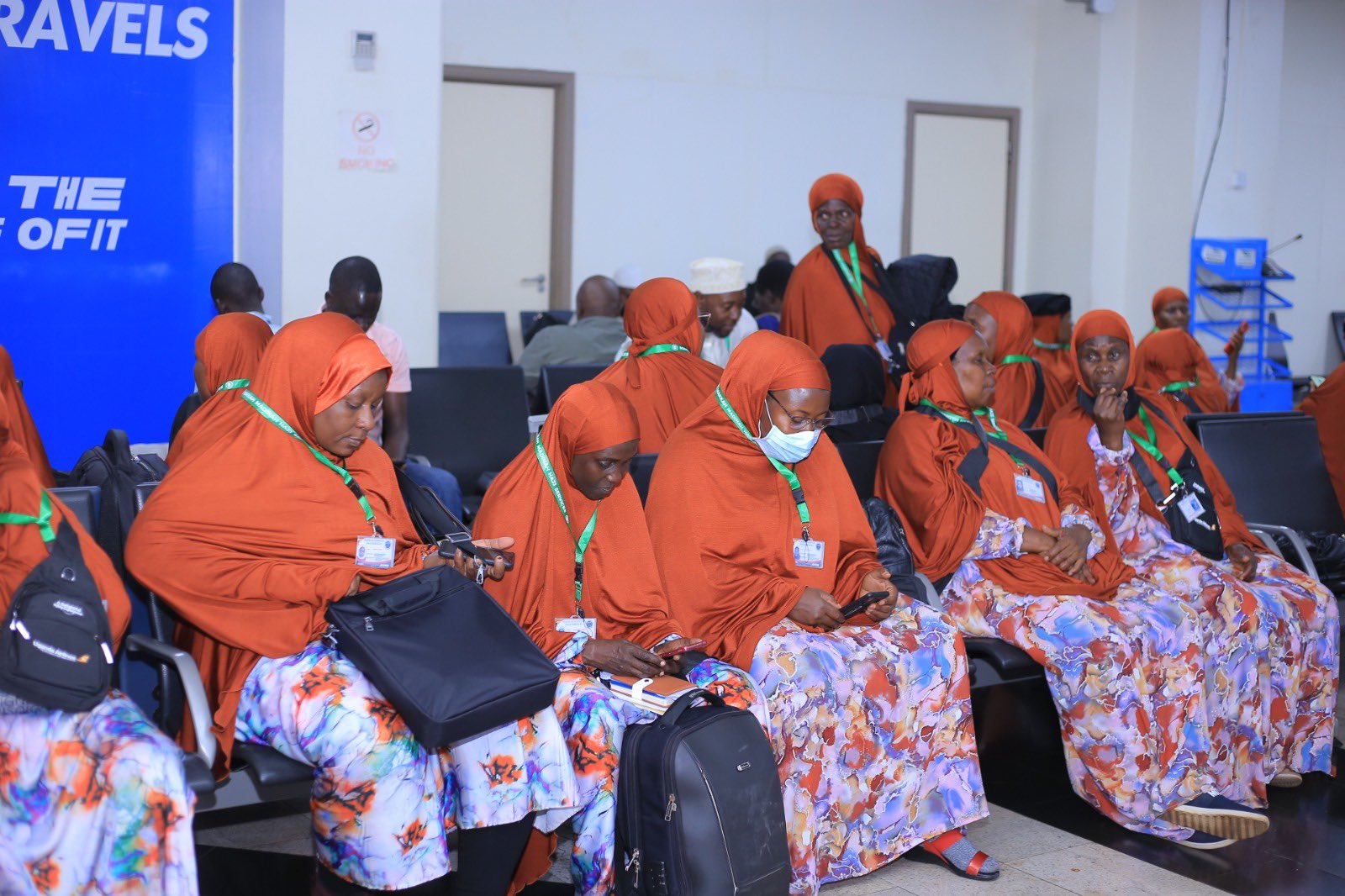The Uganda Muslim Supreme Council (UMSC) has announced that it will commemorate the Muslims who were killed at Namugongo on June 10. This decision aims to honor the martyrs without overlapping with the Christian martyrs’ celebrations on June 3.
Professor Badru Kateregga, chairperson of the Muslim Martyrs’ Mosque Development Committee, explained that the date was moved from June 1 to June 10 to avoid confusion with the Christian martyrs’ day. He emphasized that Muslims do not celebrate martyrs in the same way but rather commemorate them through prayers.
The commemoration will start with prayers at the Namugongo Muslim Martyrs’ mosque on June 8 and will culminate with a larger gathering at the Gadaffi National Mosque on June 10. Kateregga explained that the event aims to raise awareness about the sacrifices made by Muslim martyrs and promote religious tolerance.
Kateregga addressed critics by explaining that martyrdom is highly respected in Islam, which is why martyrs’ bodies are not washed after death. He expressed gratitude to the government for supporting faith-based tourism and preserving the heritage of Muslim martyrs. The government has allocated 200 million Ugandan Shillings to support the commemoration efforts this year.
Kateregga stressed the importance of developing the Namugongo Muslim Martyrs’ site to promote religious tourism, meeting both local and international standards. He highlighted that marking this event serves as a reminder of the dangers of discrimination and the importance of understanding in social affairs.
Haji Sulaiman Musana Kawunguzi, coordinator of the Muslim Martyrs’ Mosque Development Committee, mentioned that a 31 billion Shillings development plan for the Namugongo site has been submitted to the Ministry of Works and Transport for approval. The current mosque at Namugongo was built in 1968 and requires development to support the government’s objectives.
The history of the Muslim martyrs dates back to 1875 when over 100 Muslims were tortured, killed, and burned on orders of Sir Edward Muteesa I for refusing to renounce Islam. While some records suggest that more than 500 Muslims were killed between 1875 and 1876, Sheikh Abdullah Sekimwanyi’s book, “A Brief History about the Islamic Religion in Uganda,” published in 1945, lists fewer than 70 names.
Kateregga noted that efforts to trace all Muslim martyrs in the country are ongoing. He thanked the Mufti of Uganda, Sheikh Shaban Ramadhan Mubaje, for nominating him to lead this project, emphasizing the need to develop the Namugongo site to achieve the government’s goal of promoting religious faith-based tourism.




















